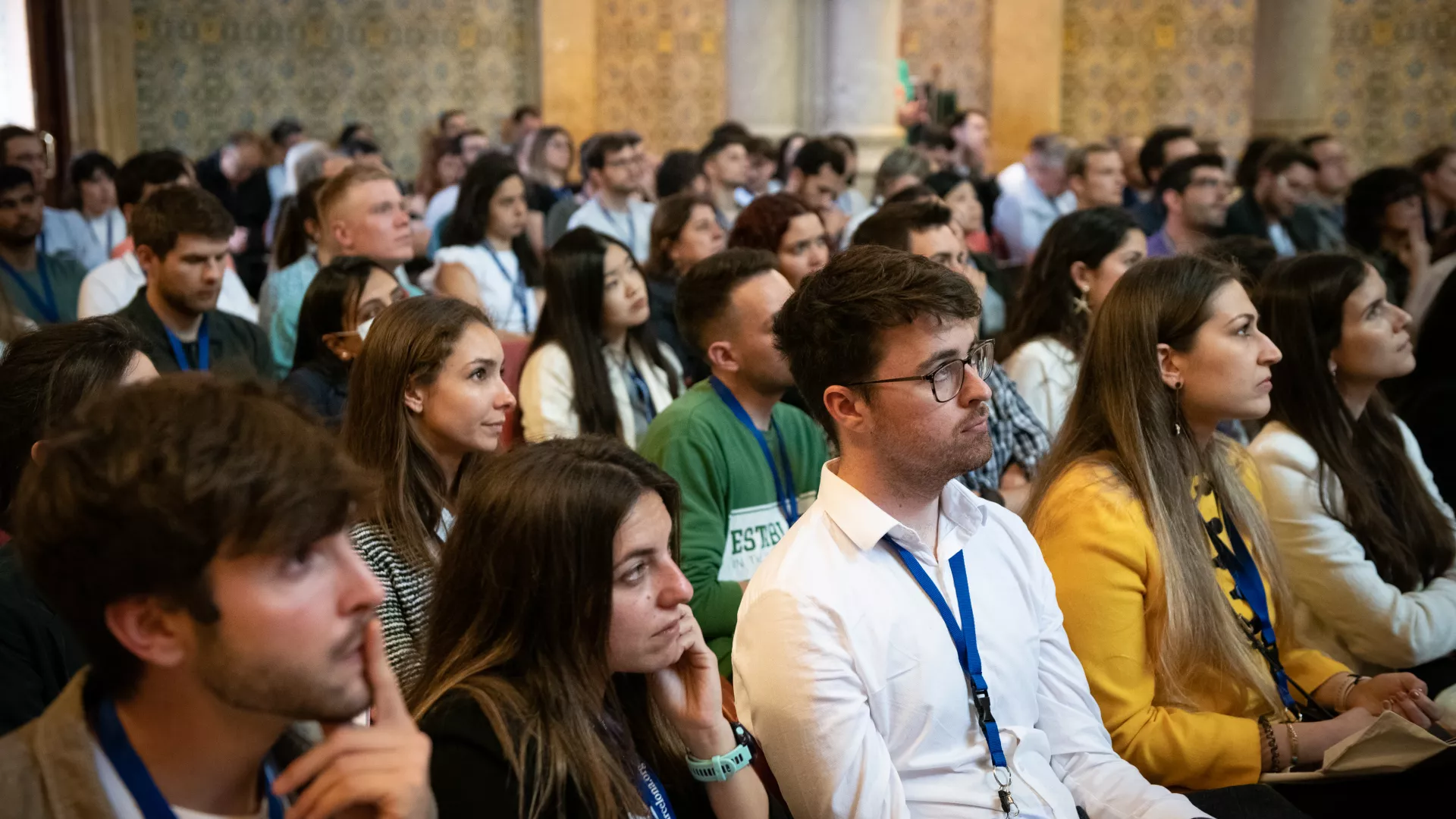Presentation
Many features of the development and physiology of living organisms are made possible by the plasticity of epithelial cells. Not only does it enable their transformation to different cell types, which is often reversible, it also facilitates their migration to new locations. These phenomena allow cells to change and adapt, and to meet specific needs in the face of different challenges. In this way, the plasticity of epithelial cells enables the generation of mesenchymal cells in mesoderm or endoderm tissues as the living organisms develop, and also for epithelial cells to reach sites distant from where they originate. In addition, some epithelial cells retain plasticity during adulthood, and this is crucial for processes, such as maintaining homeostasis by substituting for cells lost upon normal use or to face injuries by wound healing. However, epithelial plasticity must be strictly regulated, as derailed epithelial transitions and migration appear to be at the base of a wide range of diseases.
Moreover, recent developments link cell transitions with the acquisition of stem cell properties, which opens a whole new area of study. In this meeting we plan to get together basic and translational scientists working in different aspects of these issues to identify common themes that may be of general relevance both to development and disease.

Organized in colaboration with:

Registration for final places! Don't miss out!
There is no registration fee for this conference, but the number of participants is limited, with a number of seats saved for IRB Barcelona alumni. Previous registration is required.
Participants are invited to submit abstracts, a number of which will be selected for short talk and poster presentations. Abstracts should include a title, authors, affiliations, summary (max 250 words) and references.
Venue
The BARCELONA BIOMED CONFERENCE on Epithelial transitions and cell migration; Learning from development to tackle disease will be hosted by the Institut d'Estudis Catalans (IEC) in the heart of downtown Barcelona. Talks will take place in the Sala Prat de Riba.
Institut d'Estudis Catalans
C. del Carme, 47
08001 Barcelona
Tel +34 932 701 620
Fax +34 932 701 180
informacio iec.cat
iec.cat
www.iec.cat
How to reach the IEC:
From Barcelona El Prat airport:
Via Taxi
A taxi from the airport to the IEC should take about 25 minutes and cost around 25-30 euros depending on traffic and luggage.
Via Train
The RENFE train leaves the airport every half an hour and will take you to Passeig de Gracia station, in about 25 mins and costs 2.80 Euros for a single ticket. Change here for the Green Line metro to Liceu. The IEC is a 10-minute walk from the metro station (see map).
Via Bus
A transfer service called "Aerobus" will also take you from the airport to Plaça Catalunya and costs 4.25 Euros. The journey time is around 30 minutes. The IEC is a 10-minute walk from the Plaça Catalunya (see map).
From Girona airport:
The "Barcelona bus" runs a transfer service between Girona Airport and Barcelona's city centre, scheduled to coincide with Ryan Air flights. The bus stops right outside the airport and will take you to Estacio d'Autobusos Barcelona Nord (Barcelona's main bus terminal), with a journey time of about 1 hr 10 min. The nearest Metro stop to the bus station is Arc De Triomf, which is a 5-10 minute walk from the bus station (exit the bus station Sortida Nàpols). Take the Red Line (L1) to Plaça Catalunya. The IEC is a 10-minute walk from the Plaça Catalunya (see map).
From Sants train station:
Transfer to the metro Red Line (L1), and get off at laça Catalunya. The IEC is a 10-minute walk from the Plaça Catalunya (see map).
If you are arriving locally:
 Metro
Metro
Plaça Catalunya (lines 1 and 3)
Liceu (line 3) FGC
FGC
Plaça Catalunya (train from Sarrià) Renfe
Renfe
Plaça Catalunya Buses
Buses
41, 55, 141 (Plaça Catalunya stop)
14, 18, 59, 91 (Rambla stop)
Barcelona Metropolitan Transport webiste (with metro and bus maps)
Accomodation
Speakers will be lodged at the Hotel Montblanc
Via Laietana, 61
08003 Barcelona
Telephone: +34 93 343 55 55
Fax: +34 93 343 55 58
e-mail: www.montblanc@hcchotels.es
Other hotels
A list of additional hotels within walking distance of the IEC can be found at: http://www.barcelona-tourist-guide.com/en/hotels/hotelmaps/ramblas-hotel-barcelona.html (The IEC is located near the blue point 08/5 star). Rates will vary depending on choice of hotel and season. Please check with the hotel of your choice directly for the best offer.
Residences
Another possibility is the Residencia dels Investigadors (Investigators Residence Hall), which has an agreement with the CSIC (Spanish National Research Council) and the Catalan Government. It is located just behind the IEC, and is available for short-term stays. Rates range between 70 euros for a single room, to 99 euros for a double room.
Residencia dels Investigadors
C/ Hospital, 64
08001 Barcelona
Telephone: +34 93 443 86 10
Fax: +34 93 442 82 02
e-mail: investigadors resa.es
resa.es
www.resa.es/eng/residencias/investigadors
Participants registered for events in the Barcelona BioMed series should contact the hotels and residences directly to arrange bookings and payment.
Speakers
Chairs:
- Jordi Casanova, IRB Barcelona/IBMB-CSIC (Barcelona, Spain)
- Jean Paul Thiery, National University of Singapore (Singapore, Singapore)
Speakers:
- Michalis Averof, Institut de Génomique Fonctionnelle de Lyon (Lyon, France)
- Eduard Batlle, IRB Barcelona (Barcelona, Spain)
- Cédric Blanpain, IRIBHM/ULB (Bruxelles, Belgium)
- Amparo Cano, Instituto de Investigaciones Biomédicas "Alberto Sols" CSIC-UAM (Madrid, Spain)
- Xing Dai, University of California (Irvine, CA, USA)
- José Luis de la Pompa, CNIC (Madrid, Spain)
- Antonio García de Herreros, IMIM (Barcelona, Spain)
- Darren Gilmour, EMBL (Heidelberg, Germany)
- Anna-Katerina Hadjantonakis, Sloan Kettering Institute (New York, USA)
- Maria Leptin, EMBO (Heidelberg, Germany)
- Roberto Mayor, University College London (London, UK)
- David R McClay, Duke University (Durham, NC, USA)
- Denise J. Montell, University of California (Los Angeles, CA, USA)
- Jaume Mora, Hospital Sant Joan de Déu (Barcelona, Spain)
- Ginés Morata, CSIC-UAM (Madrid, Spain)
- Angela Nieto, Universidad Miguel Hernández - CSIC (Alicante, Spain)
- Benjamin Ohlstein, Columbia University Medical Center (New York, USA)
- Miguel Rivera, Massachusetts General Hospital & Harvard Medical School (Boston, MA, USA)
- Erik Sahai, The Francis Crick Institute (London, UK)
- Guojun Sheng, Kumamoto University (Kumamoto, Japan)
- Alpha Yap, University of Queensland (Brisbane, Australia)

